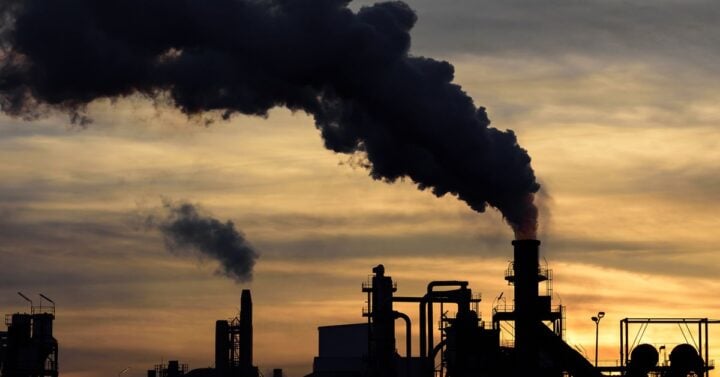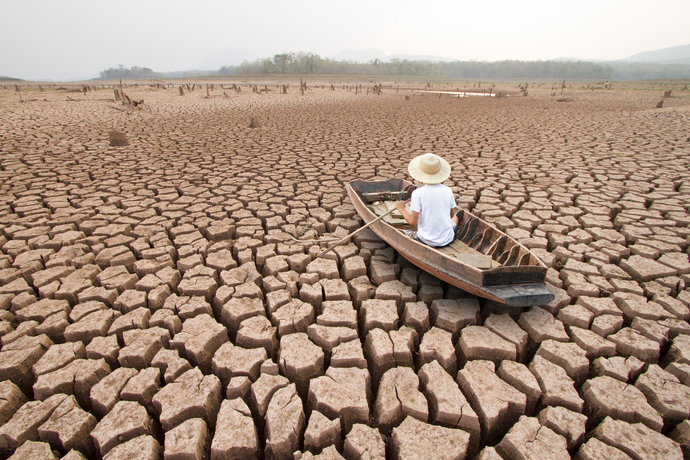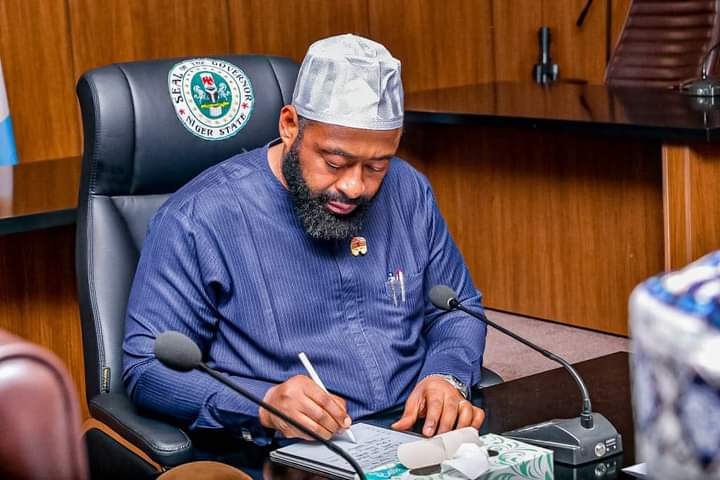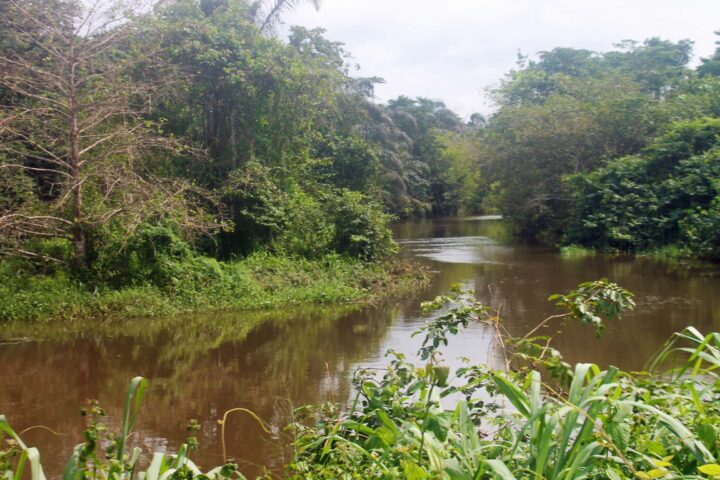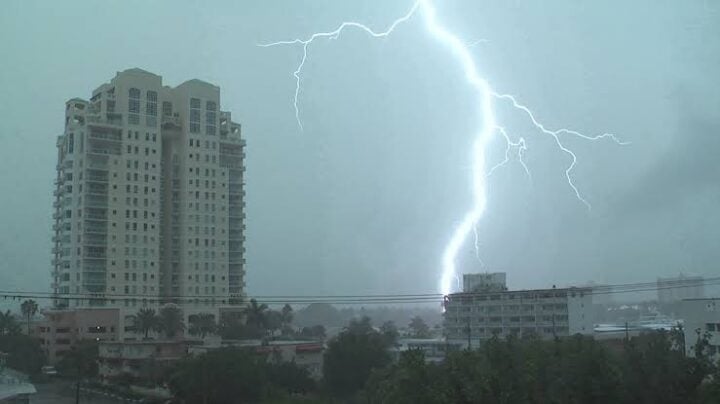Despite directly impacting our communities, health, and livelihood, climate-related reports usually take a back seat to dominant news beats like politics and business. Climate Watch aims to ensure you never miss important stories on climate change and actions being taken toward limiting its impacts.
Here is a round-up of last week’s climate stories:
- President Bola Tinubu on October 16, swore in Balarabe Lawal as the minister of environment. Lawal was the secretary to the Kaduna state government during Nasir el-Rufai’s administration before he was redeployed to head the ministry of environment. Lawal is charged with the responsibility of implementing environmental policies. He is also expected to address challenges related to climate change as well as ensure proper waste management in the country. Read more here.
- The Pan African Climate Justice Alliance (PACJA) in collaboration with the federal government, last week, organised a four-day conference to explore accelerated agricultural adaptation in Africa. Salisu Dahiru, director-general of the National Council on Climate Change (NCCC), said the conference was an opportunity to discuss climate change solutions and strategies for sustainable agricultural practices. Dahiru noted that ensuring food security is a matter of survival and should be addressed with urgency. Find out more here.
- Samuel Ogbuku, managing director of the Niger Delta Development Commission (NDDC), says the commission will invest in solar power as part of efforts to tackle climate change in the country. The NDDC boss said the commission’s goal is to power every community in the Niger Delta region with solar energy. He added that carbon credits would be recovered and reinvested for the purpose of environmental regeneration as well as mangrove restoration. Ogbuku said NDDC’s compliance with the National Council of Climate Change (NCCC) demonstrates its dedication to climate-related matters. Read more here.
- The federal government, on October 17, said it is committed to tackling recurrent climate change challenges such as flooding, deforestation, biodiversity loss and environmental pollution. Ishaq Salako, the minister of state for environment, said the ministry’s goal is to promote sustainable use of natural resources, preserve biodiversity, as well as restore and maintain the ecosystem. Salako said the mandate of the ministry is to secure a quality environment conducive for the health and wellbeing of Nigerians. Read more here.
- In a letter to the parties in the UN framework convention on climate change, Ahmed Al Jaber, COP28 president, said countries must collectively cut 22 gigatons of greenhouse gas emissions in the next seven years to keep the 1.5°C target within reach. Jaber said there is a need “to think bigger and implement quicker” to reduce global emissions by 43 percent by 2030. The COP28 president said this can be achieved by increasing climate financing, rapidly phasing up zero-carbon alternatives, as well as engaging in enhanced adaptation action to build resilience. He said the phasing down of demand for and supply of all fossil fuels is inevitable and essential, adding that this would require energy transition efforts on a larger scale. Jaber urged world leaders to come to COP28 prepared to respond to the existing gaps in climate action with increased ambition and accelerated implementation. Read more here.
- Umar Bago, governor of Niger state, on October 20, asked the media to accord top priority to climate-related issues in their reporting. Bago emphasised the crucial role of the media in communicating climate-related concerns and increasing awareness for environmental protection. The governor said his administration is concerned about the effect of climate change, which explains why the state is hosting the first green economy summit in Nigeria scheduled for October 24. He expressed readiness to collaborate with the media to drive climate advocacy as well as work out strategies to put climate change issues on the front burner. Read more here.
- A report by the Global Climate and Health Alliance (GCHA), a body of civil society organisations (CSOs), says the Group of 20 (G20) top economic nations have failed to address air pollution in their climate action plans. According to GCHA’s “Clean air NDC scorecard”, Australia, Brazil, EU, India and the United Arab Emirates (UAE) – which will host the COP28 climate summit next month – are the lowest performers among the G20. The study named Nigeria, Ivory Coast, Togo and Ghana among the leading countries that have included air quality concerns as part of their nationally determined contributions (NDC). The report also indicated that dependence on fossil fuels is the leading cause of climate change and air pollution. It said air pollution causes 6.7 to 7 million deaths annually and contributes to cardiovascular diseases, stroke, respiratory conditions and some cancers. The report added that the provision of reliable access to renewable energy sources can address both fossil fuel-driven air pollution outside and inside homes. Find out more here.
Add a comment
